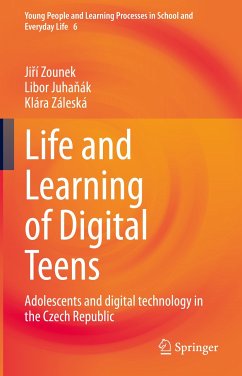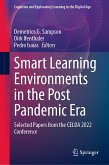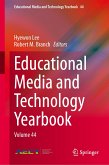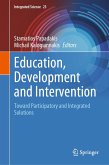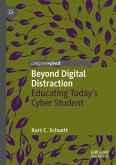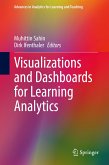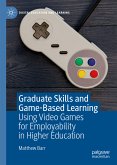This book describes and explains how digital technologies enter adolescents' everyday life and learning in different contexts and environments. The book is based on research conducted in recent years in the Czech Republic, the results of which are set within a broad theoretical and international framework.
The authors consider the theoretical and methodological anchoring of the topic, describing various approaches in an effort to comprehensively describe and understand the learning process of today's pupils. They focus on ways to explore learning in the digital era, domestication of digital technology in families, and parents' approaches to digital technology.
Attention is paid to adolescents' competences and autonomy in the use of digital technologies, as well as their views on technology in their lives and learning. The authors summarize the most important results of the research, but also consider the options of empirical researchand their own experience with the research of such a complex concept.
Dieser Download kann aus rechtlichen Gründen nur mit Rechnungsadresse in A, B, BG, CY, CZ, D, DK, EW, E, FIN, F, GR, HR, H, IRL, I, LT, L, LR, M, NL, PL, P, R, S, SLO, SK ausgeliefert werden.

